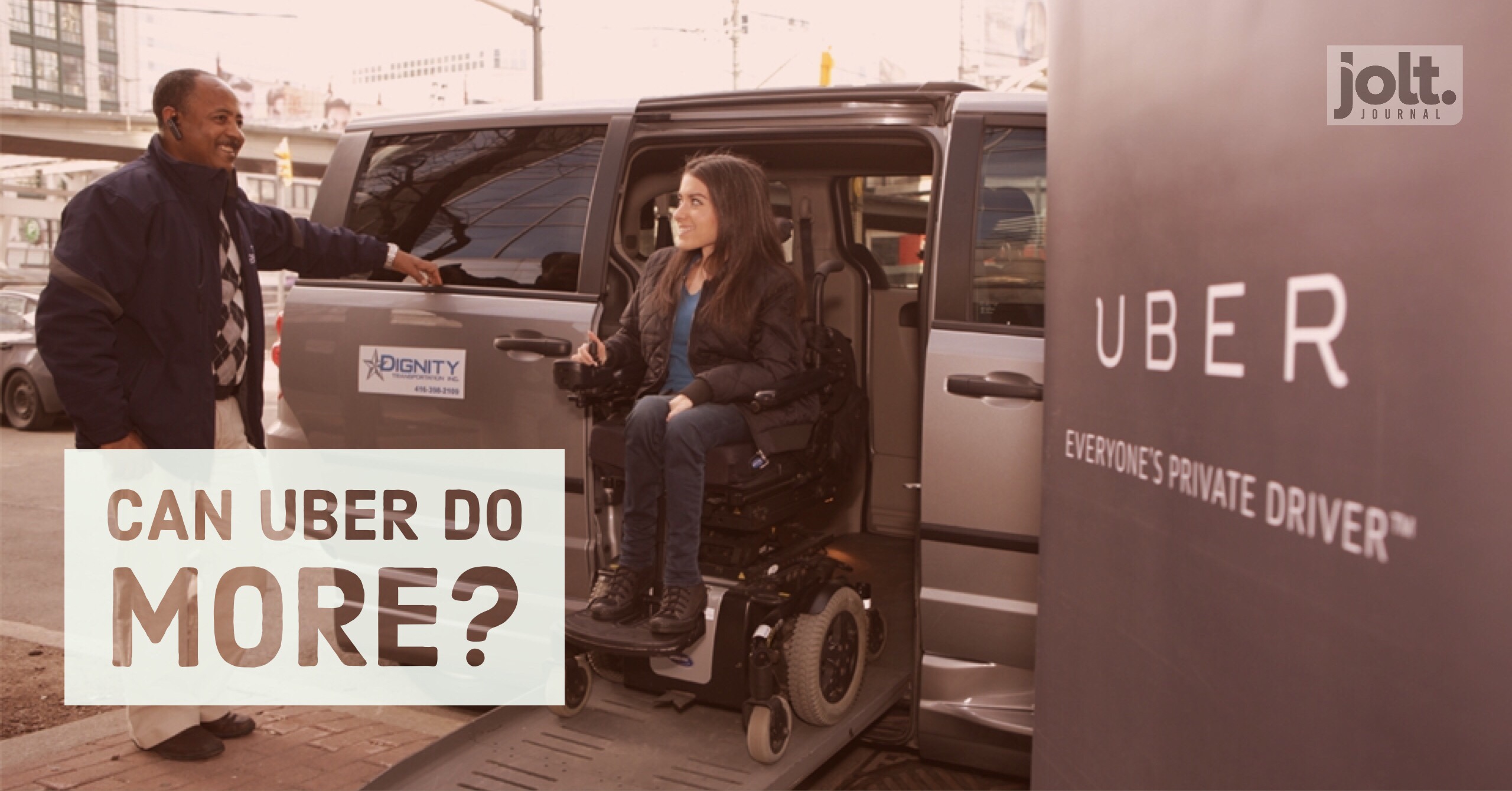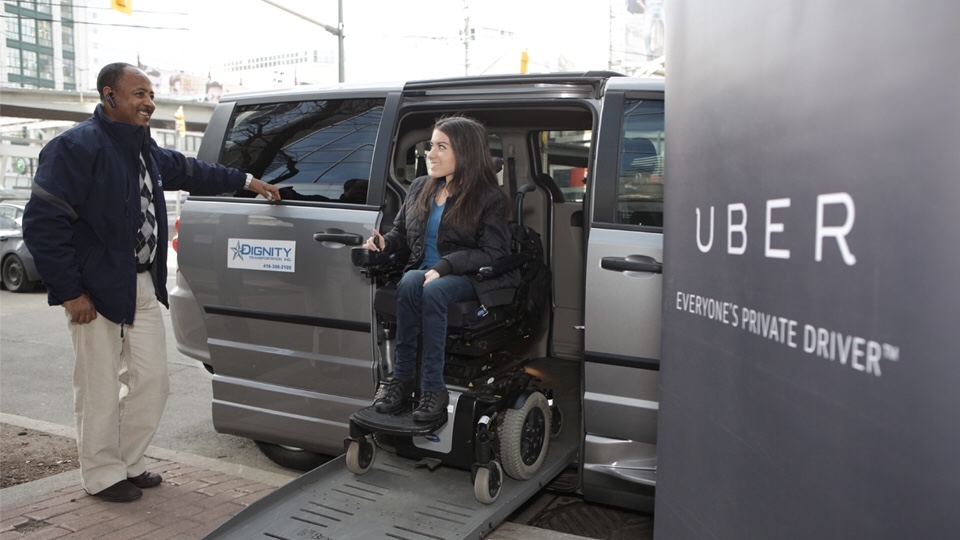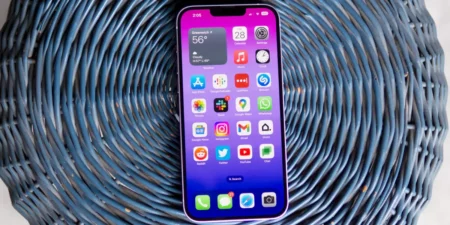To better serve people with wheelchairs, Uber has a specific service called UberWAV, and for “wheelchair accessible vehicle.” But according to disability rights advocates, they say that those cars are rarely available.
In a new lawsuit filed against Uber in California’s Alameda County Superior Court on Tuesday, a group of individuals and organizations say that Uber discriminates against people with mobility disabilities by not providing wheelchair-accessible vehicles. It’s worth noting that the UberWAV service does provide “wheelchair accessible vehicle,” but there’s not nearly enough of them. They say UberWAV is only available about 20 percent of the time in San Francisco, and in some other Bay Area cities it isn’t available at all.
“Uber is such an important transportation option in the Bay Area,” Jessie Lorenz, executive director of the Independent Living Resource Center of San Francisco and plaintiff in the lawsuit, said in a statement. “We are deeply disappointed in Uber’s continued resistance to following the laws that keep transportation services open to everyone.”

The lawsuit says that because wheelchair users are not able to rely in Uber for their transportation needs, the company is in violation of California’s anti-discrimination laws. Taking a look into federal laws, like the Americans with Disabilities Act, they require all transportation providers to accommodate wheelchairs.
For its part and defense, Uber says that it does a lot to support disabled passengers and continues to. Besides providing UberWAV, which includes vehicles with ramps and hydraulic lifts for wheelchairs, the company also offers UberAssist that lets passengers request a driver trained to accommodate disabled people. “We take this issue seriously, and are continuously exploring ways to facilitate mobility and freedom via the Uber App for all riders, including riders who use motorized wheelchairs,” said an Uber spokesman.
The lawsuit isn’t seeking any monetary damages from Uber. Instead of seeking damages, the groups are requesting that Uber provide equal access to people with mobility disabilities. “If Uber is going to be the transportation of the future, it needs to make wheelchair accessible Ubers part of that future,” said Melissa Riess, staff attorney at Disability Rights Advocates, representing the plaintiffs in this lawsuit. “It is disgraceful that even in its hometown, Uber has ignored its obligation to make its service available to all people equally.”





